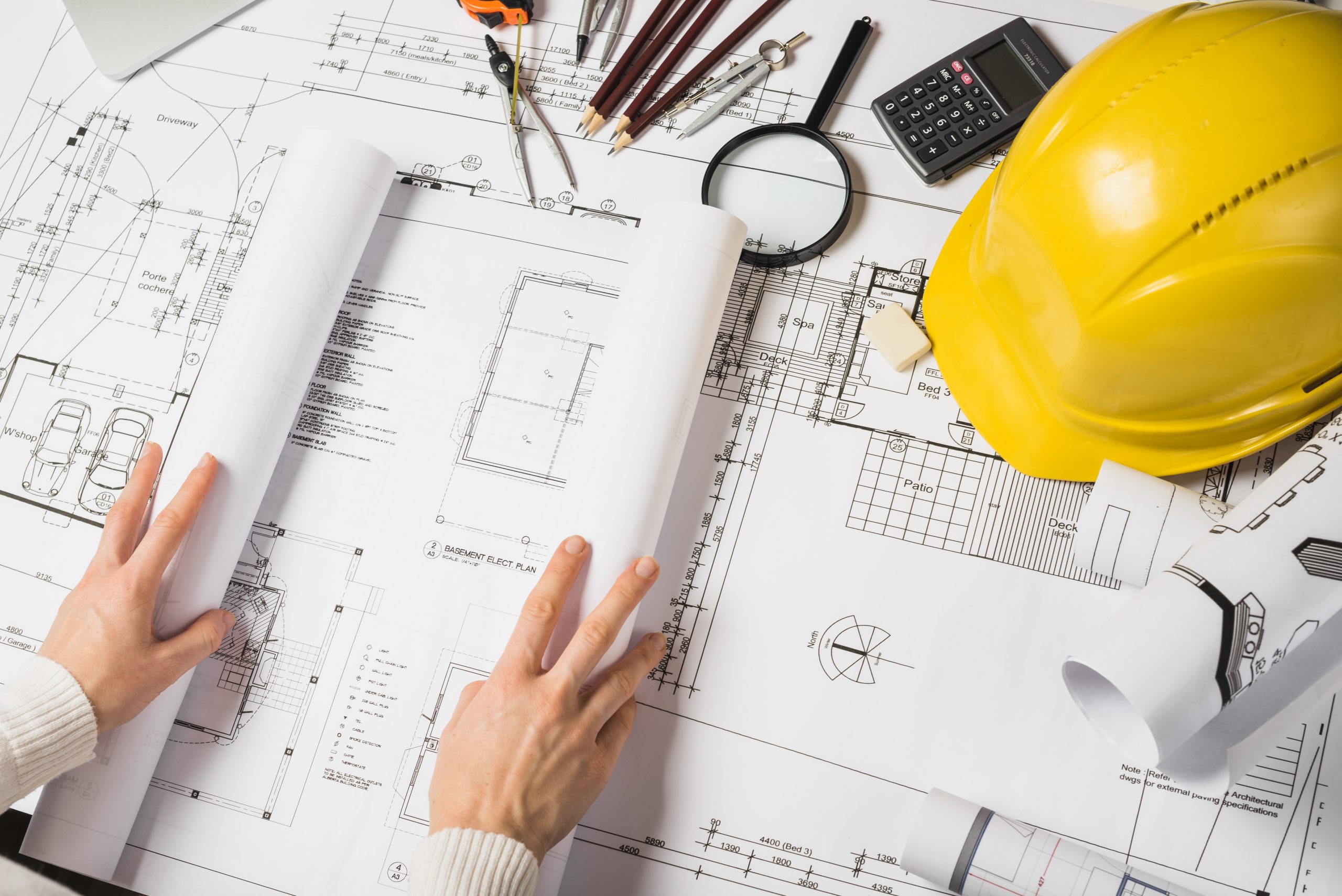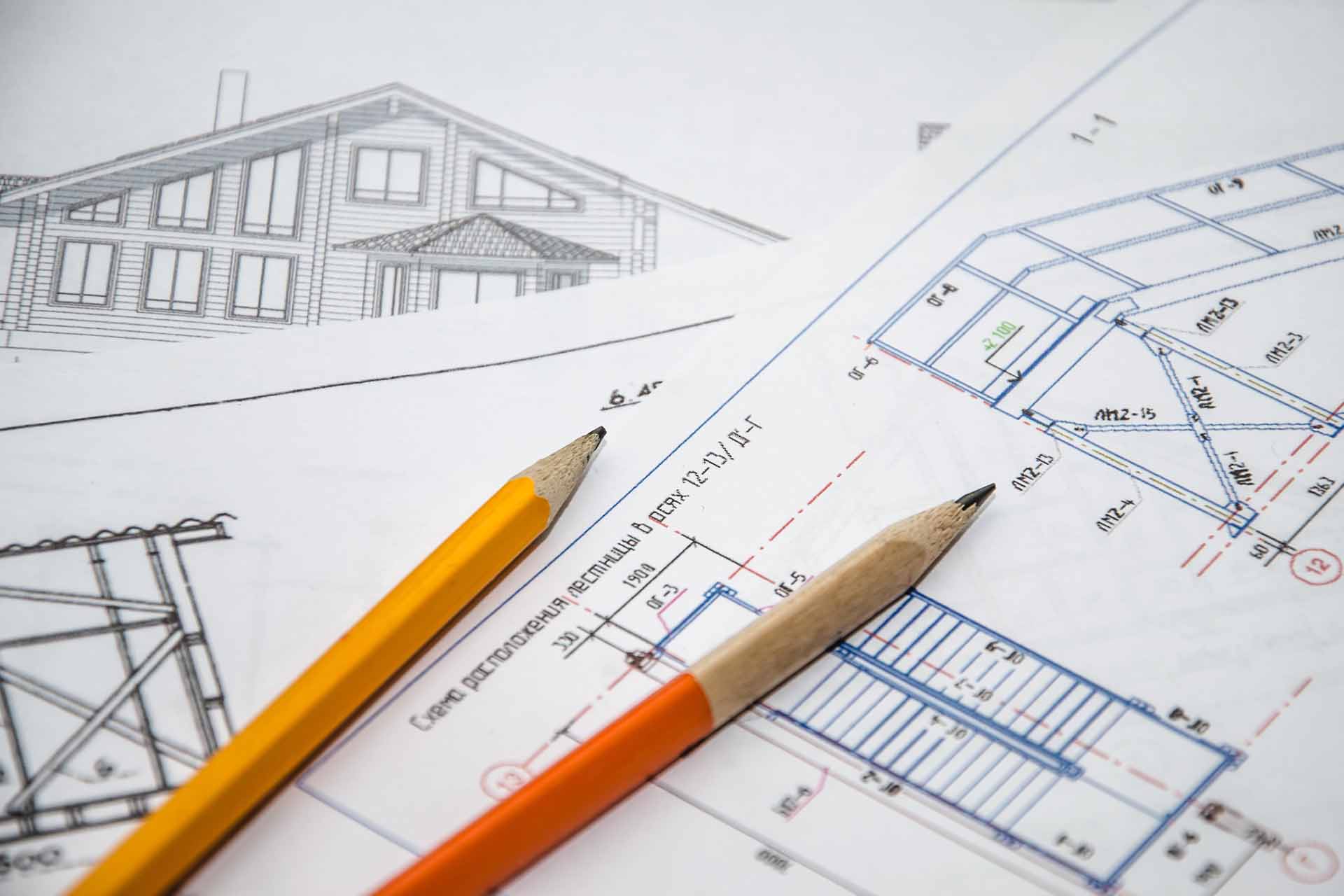Discover the Crucial Abilities and Qualities Every Architect Should Have
As an engineer, you recognize that success in your area goes past simply technical abilities. Each quality plays a vital function in your capability to develop spaces that motivate and work well.
Creativity and Innovation
Creative thinking and development are at the heart of architecture, driving the style of spaces that influence and function flawlessly. You'll continuously discover new products, techniques, and innovations to enhance your styles.
You'll additionally draw motivation from numerous resources-- nature, art, and also everyday life can stimulate fresh concepts. This ability to mix creativity with practicality enables you to attend to complex troubles, guaranteeing your layouts fulfill both aesthetic and practical requirements.
Solid Interaction Skills
While making remarkable areas needs creativity, strong communication skills are equally as important for engineers. You require to communicate your concepts clearly to customers, contractors, and employee. Listening is just as crucial; comprehending your customer's vision aids you develop layouts that genuinely satisfy their requirements.
You'll commonly need to clarify complicated concepts in such a way that's easy to realize, whether you're providing a proposal or reviewing materials. Reliable interaction cultivates cooperation, guaranteeing everybody is on the same web page throughout the job.
Structure partnerships is important, also. When you develop depend on and rapport, clients are most likely to share their worries and feedback, resulting in far better end results.
Finally, don't underestimate the power of body language and aesthetic aids. They can improve your message and make your discussions much more appealing. Solid communication abilities not only boost your designs however also enhance your expert relationships in the architectural world.
Technical Proficiency in Layout Software Application
As you browse the ever-evolving world of style, mastering style software becomes vital for converting your innovative concepts right into concrete plans. Acquainting on your own with programs like AutoCAD, Revit, and SketchUp will certainly not just boost your layout capabilities yet likewise streamline your process. These tools allow you to develop comprehensive drawings, 3D designs, and even simulations that can help you visualize and present your principles better.
Exceling in these software applications also increases your partnership with engineers and specialists, as every person can function from the exact same digital structure. Furthermore, your capacity to adapt to brand-new technologies will certainly maintain you affordable in the area. Regularly updating your skills and discovering brand-new functions can set you in addition to your peers, guaranteeing your designs are exact and ingenious. Ultimately, technical effectiveness in style software is a foundation of effective style, assisting you bring your visions to life.
Recognizing of Design Concepts

Recognizing design principles likewise enables you to expect possible obstacles early in the style process. When you understand how various materials behave under various problems, you can make enlightened selections that enhance your layouts. Your layouts ought to not only be visually pleasing however also sensible and sustainable.
In addition, a solid understanding of design concepts permits you to introduce within restraints. You can push innovative boundaries while still sticking to safety criteria. Ultimately, this understanding enhances your architectural practice and establishes you apart in an affordable area.
Job Monitoring Abilities
Effective task monitoring abilities are essential for designers, allowing you to manage all aspects of a job from perception to completion. You'll require to collaborate with different stakeholders, consisting of professionals, designers, and customers, guaranteeing everyone's on the same page. Establishing clear goals, timelines, and budgets is basic; it aids you maintain the task on track and within range.
As an engineer, you need to also be skilled in danger administration, determining prospective problems prior to they rise. Solid communication skills are essential, enabling you to articulate your vision and motivate your team. You'll profit from being arranged and detail-oriented, as this helps streamline procedures and stay clear of pricey hold-ups.
Additionally, adaptability is crucial; projects frequently evolve, and being flexible allows you to react efficiently to adjustments. Ultimately, your task monitoring skills can substantially influence the success of your building undertakings, guaranteeing you supply top quality outcomes on time and within budget plan.
Interest to Detail
While handling tasks is necessary, your interest to detail can make a substantial difference in the top quality of your work. Every line you draw, every product you pick, and every small specification you note adds to the total success of a project. You need to be precise, guaranteeing that your layouts not just satisfy visual requirements however likewise comply with constructing policies and codes.
Missing out on even a small information can cause pricey alterations or safety and security concerns down the line. By cultivating an eager eye for detail, you enhance your capacity to see page spot potential issues prior to they escalate. This caution not only saves you time and sources however also constructs your credibility as a trustworthy Architect. Keep in mind, it's often the tiniest information that boost a task from great to outstanding. Embrace this skill, and let it direct your style process, making sure that your vision is executed faultlessly.
Versatility and Problem-Solving Abilities
As an engineer, you'll often face unexpected changes in design and task needs. Your capacity to welcome these changes and locate cutting-edge remedies is essential for success. Staying adaptable in your approach not only enhances your analytical abilities yet additionally maintains your tasks on the right track.
Accepting Change in Layout
Welcoming change in design is important for designers, specifically when guiding advancing customer requirements and emerging technologies. You require to grow flexibility, as jobs typically change instructions based on brand-new understandings or restrictions. Being open to alter allows you to discover ingenious methods and create remedies that reverberate with your clients.
When faced with obstacles, your analytical skills enter into play. You'll usually need to reconsider concepts and readjust plans on the fly, guaranteeing that the last result straightens with the client's vision while meeting safety and governing criteria. By being resourceful and versatile, you not just improve your styles yet likewise construct trust with your customers, confirming that you can navigate the complexities of modern architecture efficiently.
Innovative Solutions to Obstacles

Flexibility in Project Management
While maneuvering the intricacies of task management, versatility ends up being an important asset for architects. You'll typically encounter unanticipated difficulties, from style changes to budget constraints, requiring quick thinking and adaptability. Welcoming modification allows you to pivot your strategies and find cutting-edge services, making sure job success.
Strong analytical skills are important; they allow you to examine situations, weigh alternatives, and carry out reliable remedies on the fly. When dealing with diverse groups, being open to feedback and alternative concepts promotes partnership and stimulates creativity.
Regularly Asked Concerns
What Educational History Is Needed to Become a Designer?
To come to be a designer, you'll require at least a professional degree in architecture, often a Bachelor's browse around this site or Master's. Obtaining and completing a teaching fellowship licensure with exams is necessary for your career advancement.
How Essential Is Networking in the Architecture Field?
Networking's necessary in style. It helps you build relationships, discover job possibilities, and gain insights from knowledgeable experts. By attaching with others, you enhance your occupation leads and stay upgraded on sector trends and growths.
What Are the Common Profession Paths for Architects?
Typical profession courses for engineers include style duties in firms, project administration, city planning, and specialized areas like sustainable architecture. Architect. You may additionally discover training or consulting, depending upon your experiences and interests
How Can Engineers Stay Updated With Industry Trends?
To stay upgraded with market patterns, you need to consistently participate in conferences, join specialist organizations, register for pertinent publications, and engage with online forums. click to investigate Networking with peers likewise aids you get understandings right into arising developments in architecture.
What Role Does Sustainability Play in Modern Design?
Sustainability shapes modern architecture by stressing energy performance, source preservation, and environmentally friendly materials. You'll create rooms that reduce environmental impact, enhance occupant well-being, and reply to environment obstacles, making your styles a lot more relevant and impactful.
While making amazing spaces requires imagination, strong interaction abilities are just as important for architects. Solid communication skills not just raise your designs however likewise strengthen your expert partnerships in the building world.
Effectiveness in style software lays the foundation for a deeper understanding of design concepts, which is crucial for designers.As an architect, you'll commonly face unexpected adjustments in design and task needs.Embracing adjustment in style is necessary for architects, especially when guiding progressing client demands and arising modern technologies.